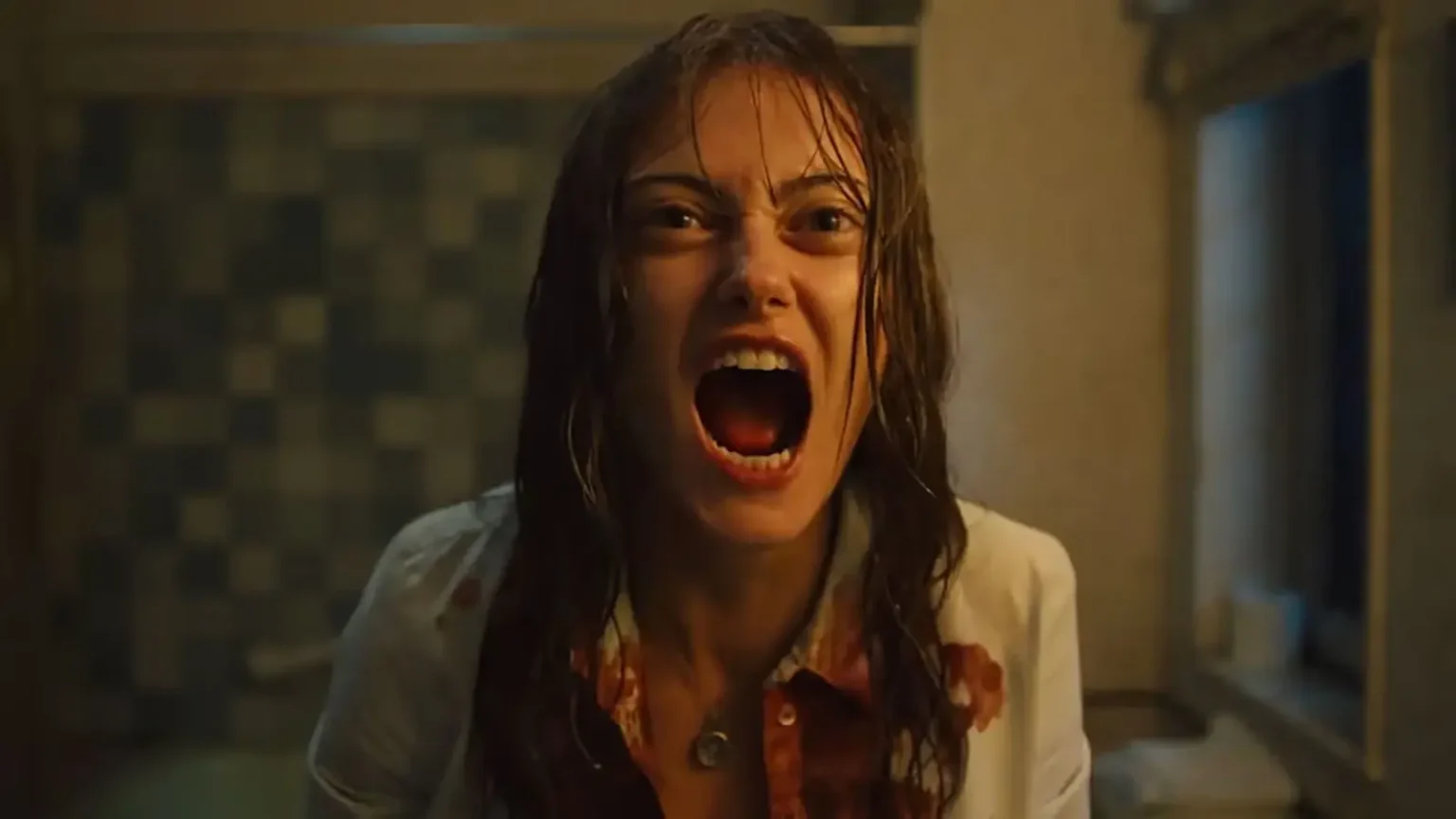Anticipation was high when it came to the adaptation of CJ Skuse’s “Sweetpea” novels. The source material, a darkly comedic and thrilling exploration of a female serial killer, offered a unique and promising premise for television. Sadly, the resulting series falls dramatically short of expectations, leaving viewers with a bland and uninspired rendition of what could have been a truly captivating show.
Sweetpea
The “Sweetpea” books introduce readers to Rhiannon, an unforgettable anti-heroine who defies convention and embraces her psychopathic tendencies with chilling — and often hilarious — honesty. Skuse’s writing is sharp, witty, and unflinching, delving into the complexities of Rhiannon’s character while providing a thrilling narrative filled with suspense and unexpected twists. The books resonate with readers, particularly those who identify with suppressed rage and societal frustrations, offering a cathartic and darkly humorous escape.
However, the TV adaptation somehow fails to capture the essence of Rhiannon’s character and the books’ unique tone. Ella Purnell, despite her undeniable talent, is given little to work with. The on-screen Rhiannon is a pale imitation of her literary counterpart, her motivations reduced to a simplistic revenge plot against a high school bully. This simplification robs the character of her complexity and agency, transforming her from a compelling anti-heroine into a predictable and somewhat tiresome protagonist.
The supporting characters, who play crucial roles in the books, are similarly underdeveloped. The “Picso” (People I Can’t Shake Off), individuals Rhiannon strategically cultivates to maintain a facade of normalcy, are reduced to mere background figures. This unfortunately weakens the narrative and prevents the series from exploring the intricate web of relationships that contribute to Rhiannon’s double life in the books.
Furthermore, the series shies away from the book’s more challenging themes. The exploration of female rage, male violence, and the grey areas of morality are largely absent, replaced by a safer, more conventional narrative that focuses on a predictable love triangle and watered-down conflicts. This sanitization of the source material ultimately undermines the series’ potential to be truly thought-provoking and engaging.
One of the most glaring omissions is the absence of Rhiannon’s distinctive inner monologue. In the books, Rhiannon’s thoughts provide readers with intimate access to her psyche, allowing them to understand her motivations and connect with her on a deeper level. This crucial element is missing from the TV adaptation, leaving a void that cannot be filled by dialogue and action alone.
Honestly, while viewers unfamiliar with the books might find some entertainment in the series, those who have experienced the darkly comic brilliance of Skuse’s writing will likely be left feeling disappointed.
Nevertheless, “Sweetpea” remains a watchable show. Ella Purnell delivers a commendable performance despite the limitations of the script, and the series maintains a certain level of intrigue, particularly for those unfamiliar with the source material. While it may not satisfy those seeking a faithful adaptation of Skuse’s novels, “Sweetpea” offers a moderately entertaining thriller with a darkly comedic edge.







